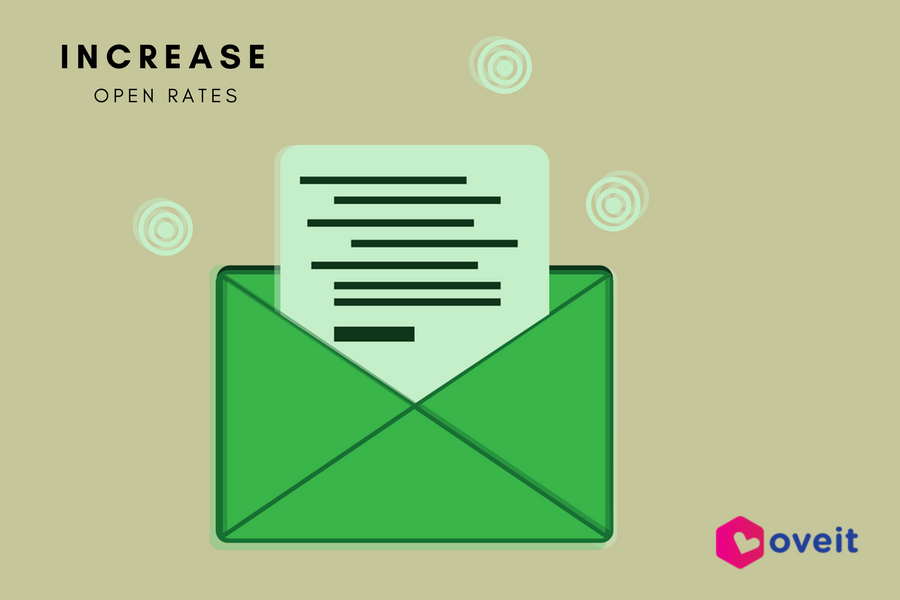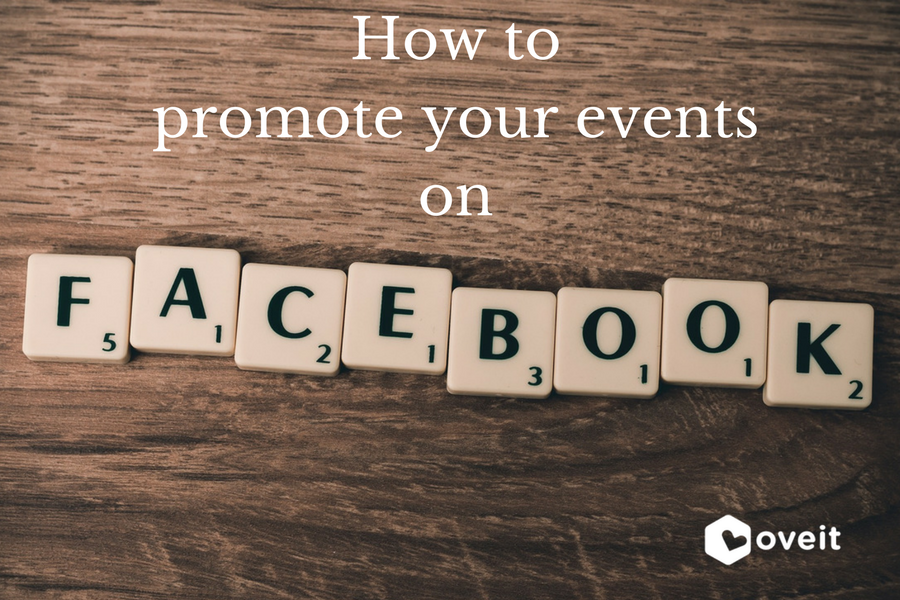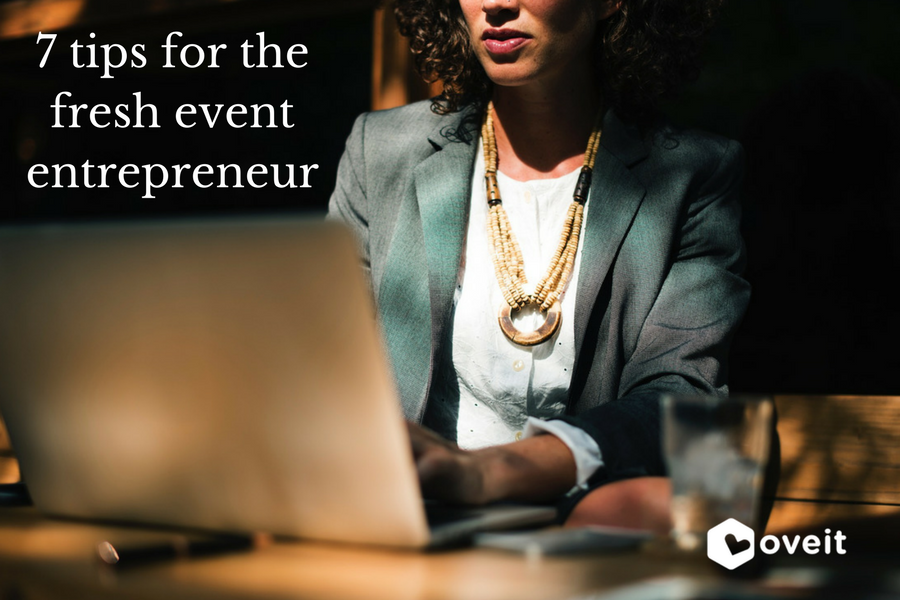If volunteering can change the world than I think it’s safe to say that volunteers can change your event. My colleagues and I saw many events were volunteers’ contribution was so important that I don’t really know if those events could have been possible without their help. And this is perfectly normal – large events (especially festivals, exhibitions, and conferences) mean large crowds so any extra help is greatly cherished. There are many reasons for which people volunteer at events and there are many reasons for event planners to reach out to volunteers. But for this to work you, the event planner, should:

Find out where you need help
Before you contact volunteers you must know what you actually need them for, meaning you will need to evaluate your needs for personnel. Find out which departments would need some extra help: marketing and communications, sales, technic department etc. so you know who to look for. People like volunteering but they also like to know what they are volunteering for and it wouldn’t do you any good to look for someone to help with registration when you actually lack a sound technician.
Ask early
My biggest problem when growing up was that I always waited until the last minute when I wanted/needed something. And, as life taught me (the hard way, how else?!), things tend to get rough when time isn’t on your side.
Spread the news that you are looking for volunteers early on otherwise you can you can find yourself in the unpleasant situation of not having enough personnel on site.
Define your expectations
If you don’t know where you’re going how will you know when you get to the destination? Things aren’t very different if we speak of a new task or project: if you don’t know what you want to achieve how will you know if you did a good job? Things are even more unclear for volunteers, so you will need to explain to them what should be the end result of their work. It’s easier to evaluate your work when you have some clear goals.
P.s. this doesn’t mean that you must micromanage your volunteers, don’t get me wrong
Don’t “save” obnoxious tasks for volunteers
You and your team should act like leaders and don’t use volunteers for the jobs that nobody wants, instead offer them the chance to do something meaningful. This way you can count on their help for your next events (and will be able to add some experienced people to your team).
Form groups and offer training
After everybody has chosen a role it’s time for you to host a training for the whole team.
I saw that, generally, things work great when you create mixed workgroups (volunteers + team members) and offer the same “training” for all. Encourage socialization between your team and volunteers because, after all, you are all in the same boat, so you need to act like one big team.
Before your event starts “walk” everybody through the whole process at least once, so they all get the big picture. Seeing how a rather tiny role in the process actually helps things move forward will make everyone more enthusiastic about their role in the event.
Praise volunteers for their hard work
“How you feel is often more important than what you earn”. We tend to value words of appreciation more than we value financial rewards, studies reveal. But if you think that words of appreciation are so used so often that they start to lose their value…think again.Genuine words of appreciation are rare and hard to forget, so are able to make you really known and appreciated within the community of volunteers.
…and don’t forget that VOLUNTEERS ARE PART OF YOUR TEAM.



